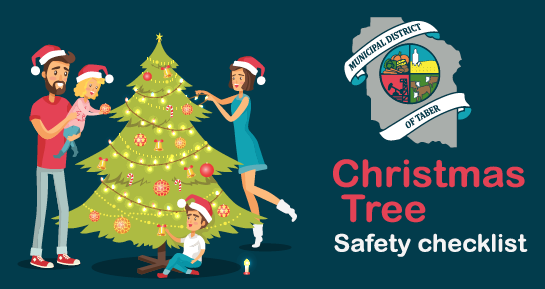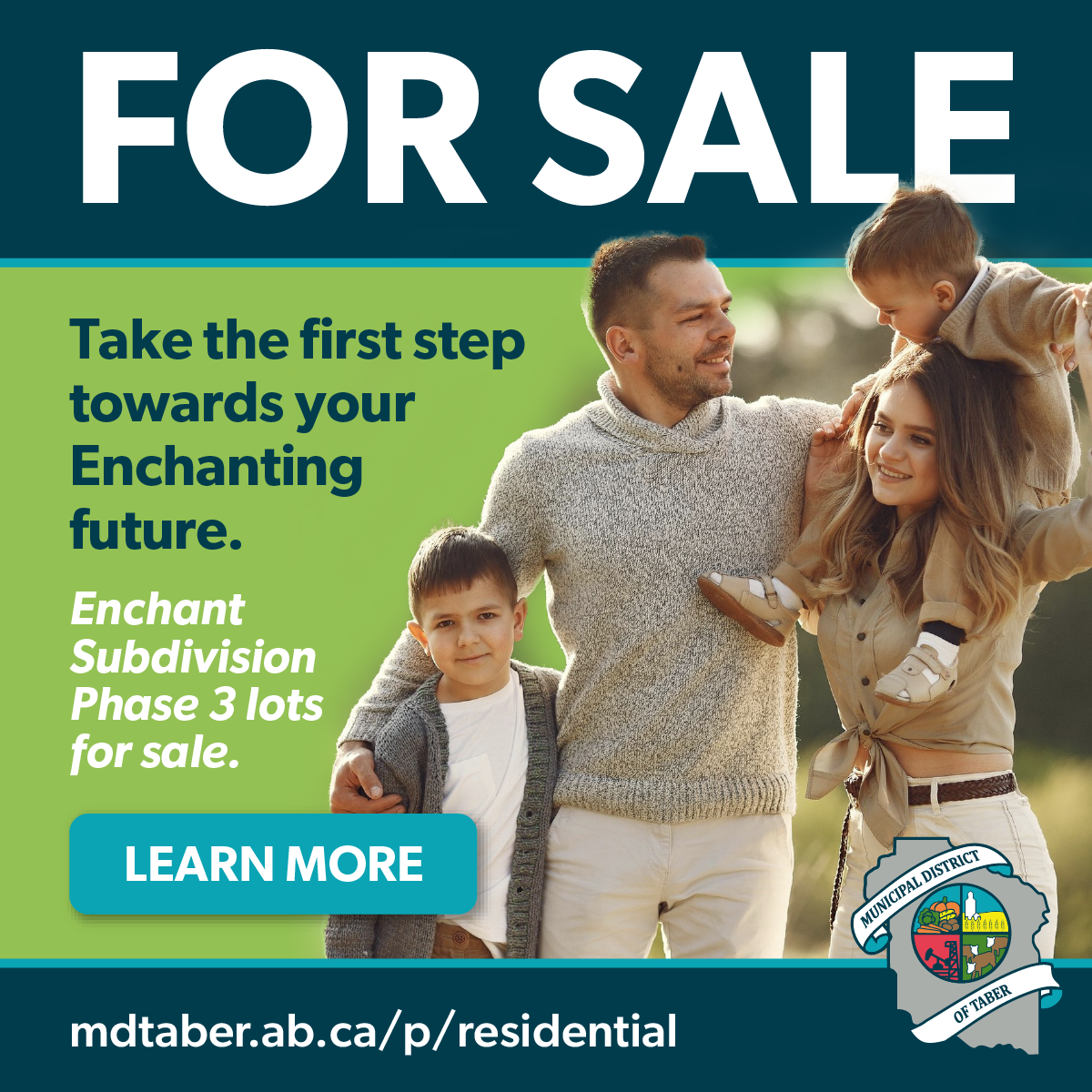
Festive celebrations, flickering lights and winter greens are hallmarks of the holiday season, but they also present fire risks that can quickly turn this festive time of year into a devastating one.
Fire safety risks increase during the holiday season. Special care and attention must be taken in our homes. That starts with checking smoke alarms to make sure they work. Simply press the test button on the bottom of the smoke alarm, if it sounds, your smoke alarm is working.
Cooking safety
- Always stay in the kitchen when cooking. Turn your stove off if you have to leave the kitchen, even for a second.
- A large number of fires start in the kitchen from cooking with oil. Be careful when deep-frying foods. The safest way is to use a temperature-controlled skillet or deep-fat fryer appliance.
- Never try to extinguish a cooking oil fire with water. Keep a lid close by that can be used to smother a fire if one starts.
Christmas trees
For many, the Christmas tree is an important part of the Christmas season. There are many different types of trees including fresh and artificial trees.

Download the Christmas tree infographic
Fresh tree tips
- Fresh Christmas trees must remain healthy throughout the holiday season. Start by choosing a tree with a strong green colour and noticeable fragrance. fresh, green needles that do not fall off when touched.
- A tree with high moisture content is safer and very few needles should fall when the base of the tree is tapped on the ground.
- Cut three to five centimetres from the base of the trunk and make sure it is immersed in water at all times.
- Place the tree in a stand that will hold two to three litres of water and check the water level daily to ensure the tree is always immersed in water. A dried-out tree becomes a fire hazard and will ignite very quickly.
Artificial tree tips
If you have an artificial tree, be sure it is labelled, certified or identified as fire-retardant.
Whether you have a fresh or artificial tree, make sure you keep your tree a safe distance from any heat sources like a fireplace, radiator, candle, heat vent or lights. Make sure the tree is not blocking an exit.
Courtesy of NFPA’s website showing how flammable a dry Christmas tree can be, as opposed to one that is watered regularly.
Light safety
- Use Christmas tree lights that have the label of an independent testing laboratory and make sure that they are used correctly. They should be labelled for indoor or outdoor use.
- Discard any strings of lights with worn or broken cords or loose bulb connections. Check for kinks, damage to the wire and loose connections – when plugging in a cord, make sure it fits snug inside the outlet.
- Make sure to use CSA approved power bars and do not overload power bars.
- LED light strings are energy-efficient, produce very little heat and reduce the risk of fire. Not only are they safer to use but they will also cost less on power bills as they use less energy.
- Always turn off tree lights before leaving the home or going to bed.
- Never leave a lit candle unattended. Only use safe holders for candles and keep lit candles safely away from children and pets. Blow out all candles before leaving the room or going to bed. Burning candles need to be at least 0.3 metres (1 ft) away from anything that can burn.
Fireplace safety
- Use only clean, dry seasoned wood in your fireplace.
- Never burn gift wrapping, boxes, cartons or other types of packaging in the fireplace. They burn too rapidly and generate too much heat.
- Don't hang Christmas stockings from the mantel when the fireplace is in use.
- Always use a screen in front of the fireplace to protect against flying sparks.
- Don't use Christmas trees for firewood.
Entertaining in your home
- Guests staying overnight should be aware of a home fire escape plan. Determine who will be responsible for helping young children, older adults or anyone else that may need assistance. Let them know where to meet in case of a fire.
- Test your smoke alarms to ensure they are working properly.
- Make sure you have working carbon monoxide alarms.
- Keep children and pets away from lit candles.
- Keep matches and lighters up high and away from children.
- Provide large, deep ashtrays for smokers outdoors. Wet cigarette butts with water before discarding them.
- Alcohol and fire are a dangerous mix. Keep a close eye on anyone attempting to cook or smoke while under the influence of alcohol.
Carbon monoxide safety
- Maintain gas-fired appliances and have them inspected annually.
- Do not run a vehicle inside the garage and move it out quickly after starting.
- Get more tips on carbon monoxide safety.
